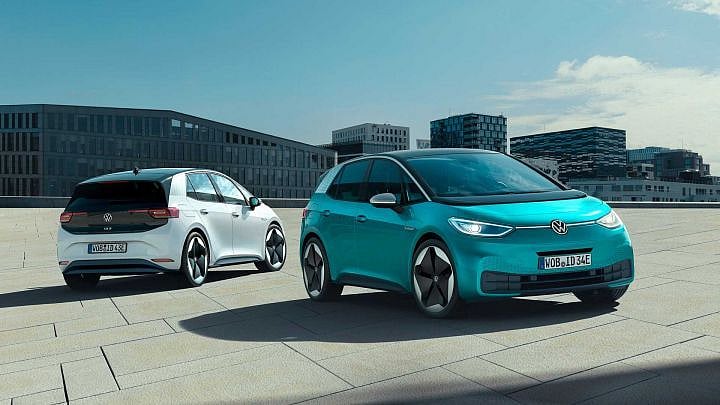Electric vehicles are seen as the next big thing in the automobile industry. But, how viable is it against the CNG vehicles- that's the question that investors and consumers are asking.
Recent hike in CNG prices has reduced the attraction of CNG vehicles to an extent. However, they remain the most viable fuel option when compared with electric vehicles. CNG vehicles at the current juncture are miles ahead of the EVs given the competitive pricing and better infrastructure availability.
EV vs CNG cost comparison:
Indian passenger vehicle demand is dominated by the mass market. While deciding to buy a vehicle, the average buyer prefers to opt for the cheapest options available across fuel types. CNG vehicles are far ahead of EVs in this regard.
As per the several stress case scenarios carried by Edelweiss, total cost of ownership (TCO) for CNG vehicles is 36% lower. The cheapest CNG vehicle Alto is priced at Rs 4.5 lakh. It is almost 50% less than the cheapest EV Tigor, priced at Rs 8.5 lakh.
Stress case comparison between Tigor's EV and CNG variants found that CNG's TCO is 11% lower even if gas cost is hiked by 50% & EV battery cost falls by 25%. In an extreme case where gas input cost is up by 100% and EV battery cost is reduced by 40%, CNG's TCO would still be 6% lower.

CNG vehicles gaining ground:
The Edelweiss report suggests that the share of diesel cars has significantly reduced to 29% in FY20 from 48% in FY15. As a result, penetration of CNG vehicles is likely to improve further.
Companies are increasing EV production as its acceptability among customers is on the rise. However, they are no competition to CNG vehicles given their high manufacturing cost. Moreover, lack of charging infrastructure is the biggest issue. This is also difficult to address given the population density and space scarcity in India.
The issue with EVs is also the time it takes to charge a vehicle. A 30KWh Tata Tigor EV will typically take 2.5 hours to charge. Similarly, the distance traveled on a full charge will be relatively limited to 142km for a Tata Tigor EV versus 234km for a full tank of CNG and 480km for a full tank of petrol.
New entrants to boost CGD infrastructure:
The government has opened up the city gas distribution (CGD) sector for new entrants. It will facilitate new infrastructure creation and help in increasing further penetration of CNG vehicles.







